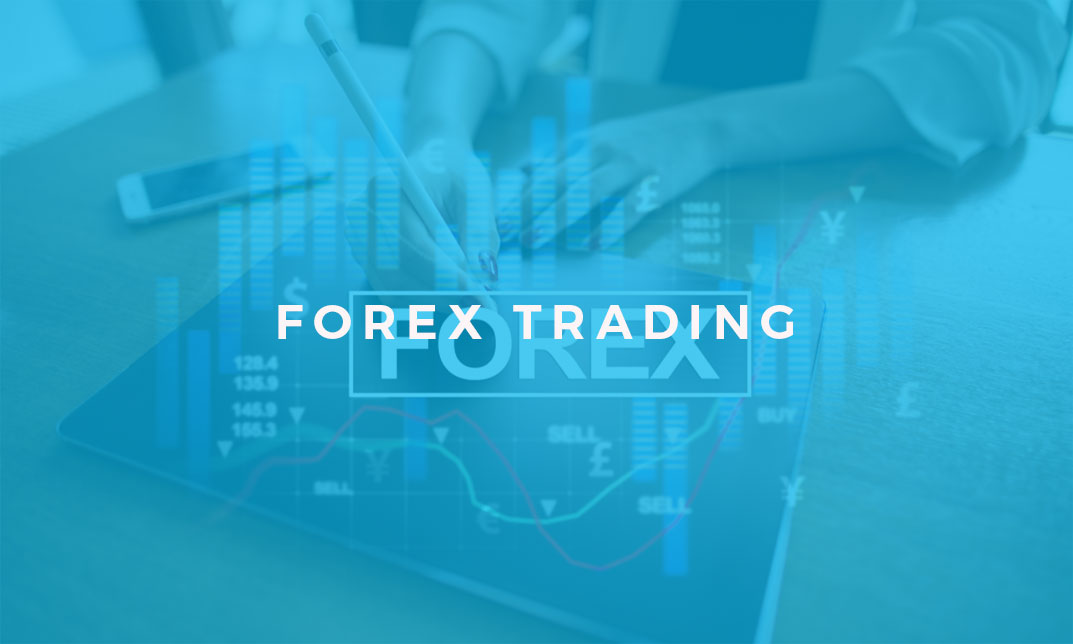Discover the very best Forex Trading Course to Boost Your Trading Abilities
Discover the very best Forex Trading Course to Boost Your Trading Abilities
Blog Article
Understanding the Basics of Currency Exchange in Today's Global Market
In a significantly interconnected international economic situation, comprehending the principles of currency exchange is indispensable for stakeholders throughout different markets. As central banks exert influence and technical innovations improve currency trading, the implications for international commerce are significant.
The Basics of Money Exchange
Currency exchange is a fundamental element of the global economic situation, assisting in worldwide profession and financial investment. It entails the conversion of one money into another and is vital for services, governments, and individuals who participate in cross-border deals. The money exchange process occurs in the forex market (Forex), which is the largest and most liquid economic market in the world, running 1 day a day, 5 days a week.
At its core, money exchange is driven by supply and demand characteristics. Money are traded in sets, such as EUR/USD or GBP/JPY, and the currency exchange rate between them suggests just how much one currency deserves in terms of another. This rate varies continuously because of trade circulations, capital movements, and various other market activities.
Participants in the Forex market array from huge financial organizations and multinational firms to individual capitalists and tourists. Each individual may have various goals, such as hedging against exchange price risk, hypothesizing on money activities, or helping with global acquisitions. Comprehending the essentials of money exchange is crucial for making educated decisions in the international market, as exchange prices can considerably impact the expense of goods and services, investment returns, and economic stability.
Elements Influencing Exchange Fees
Exchange rates are formed by a complex interaction of various economic factors, reflecting the family member strength and security of nationwide economic situations. Secret amongst these factors is rate of interest differentials. Higher interest prices provide lenders better returns about various other countries, attracting more foreign resources and causing the currency to value. Alternatively, rising cost of living rates play a critical function; currencies in nations with reduced inflation prices often tend to appreciate as acquiring power increases about higher-inflation economic situations.
Economic development and stability likewise considerably effect exchange rates. A durable economy draws in foreign financial investment, raising need for the residential currency, which results in gratitude. In addition, profession equilibriums influence money worth. A nation with a significant profession surplus commonly sees its currency appreciate as a result of enhanced foreign need for its goods and solutions, while a trade deficiency can compromise the currency.
Political stability and economic efficiency are critical as well; countries regarded as low-risk locations for investment tend to see their money value. forex trading course. Market supposition can also drive currency exchange rate changes, as investors expect future activities based upon existing financial indicators and geopolitical occasions. These aspects jointly add to the dynamic nature of exchange prices in the global market
The Duty of Reserve Bank

Reserve banks additionally involve in international exchange interventions to correct excessive volatility or imbalances in currency exchange rate. These treatments could include buying or selling foreign money to keep a wanted currency exchange rate level. Furthermore, main banks hold considerable fx reserves, which can be deployed tactically to support their currency.

Technology and Money Trading
While central banks shape the overarching landscape of money exchange, technical developments have actually transformed the auto mechanics of currency trading itself. The expansion of electronic systems has actually democratized accessibility to foreign exchange markets, making it possible for specific investors to participate together with institutional capitalists. On-line trading systems, geared up with real-time data and analytical tools, facilitate informed decision-making and have actually added to raised market liquidity.
Algorithmic trading, powered by innovative software program, has actually reinvented the speed and efficiency of money trading. Algorithms implement trades based upon predefined standards, lessening human intervention and decreasing the time called for to profit from market activities. This automation improves accuracy in trade implementation and aids in the administration of intricate trading strategies. Furthermore, the surge of fabricated knowledge and machine learning algorithms supplies anticipating analytics, permitting investors to anticipate market patterns with greater accuracy.
Blockchain technology likewise assures a transformative effect on money trading. By making sure transparency and minimizing purchase costs, blockchain can simplify settlement processes, possibly mitigating dangers related to typical trading techniques. Moreover, cryptocurrencies, underpinned by blockchain, have presented a brand-new measurement to find out here currency trading, motivating market individuals to adapt to a developing monetary community. As innovation remains to advance, its influence on currency trading will likely strengthen, shaping future market characteristics.
Effect On Global Trade
In the interconnected landscape of international profession, money exchange plays a critical function fit economic relationships between countries. Exchange prices influence the price of exporting products and services, impacting affordable placing in international markets. A strong money can make a country's exports much more costly and much less appealing on the international phase, possibly reducing market share. On the other hand, a weaker currency can improve export competitiveness however may boost the price of importing necessary items, impacting trade equilibrium.
Currency changes can likewise cause economic unpredictabilities, complicating lasting preparation for international companies. Businesses typically hedge versus these dangers via monetary tools to maintain costs and see this website profits. Moreover, exchange prices affect foreign direct investment (FDI) choices, as financiers seek desirable conditions to take full advantage of returns, influencing capital streams throughout boundaries.
Moreover, governments aim to preserve stable exchange rates to promote predictable trading conditions, often intervening in forex markets to attain financial goals. Central financial institutions might change interest rates or apply financial plans to influence currency strength, thereby impacting profession characteristics.
Verdict
A detailed grasp of currency exchange basics is critical for browsing the intricacies of the international market. Exchange rates, shaped by interest rates, rising cost of living, and economic development, are critical in establishing money valuations.
Report this page